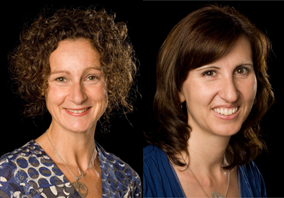Reflections On Music Therapy Training Within E-learning Education Contexts
DOI:
https://doi.org/10.15845/voices.v16i1.835Emneord (Nøkkelord):
e-learning, blended learning, student feedback, music therapy training, curriculum, flexible deliverySammendrag
The rapid expansion of e-learning technology is transforming the availability and delivery of university education. In Australia, e-learning offers opportunities for students to study music therapy while living in remote locations across a vast country. Students enrolled in the Masters of Music Therapy at the University of Melbourne may choose traditional on-campus learning or blended learning, which involves a combination of face-to-face intensives and e-learning. This article focuses on blended learning with reflections from music therapy students and teachers at the University of Melbourne. A description of the music therapy program is provided with a detailed explanation of one subject to illustrate how e-learning is managed. Our experiences of teaching blended learning students are discussed, and we identify key challenges including teacher-student rapport, regular communication, student-to-student engagement, and user friendly on line learning tools. We then reflect on student feedback from an informal evaluation, and explain students’ experiences of collaborative learning, interaction with teaching staff, and staying on track with learning. In conclusion, we discuss the future of music therapy education over an online forum, taking into consideration challenges and advantages for students, teaching academics and learning institutions, and offer ideas from which future research projects might be developed.
Nedlastinger
Publisert
2016-02-09
Hvordan referere
Clark, I. N., & Thompson, G. A. (2016). Reflections On Music Therapy Training Within E-learning Education Contexts. Voices: A World Forum for Music Therapy, 16(1). https://doi.org/10.15845/voices.v16i1.835
Utgave
Seksjon
Position Papers
Lisens
Articles published prior to 2019 are subject to the following license, see: https://voices.no/index.php/voices/copyright

